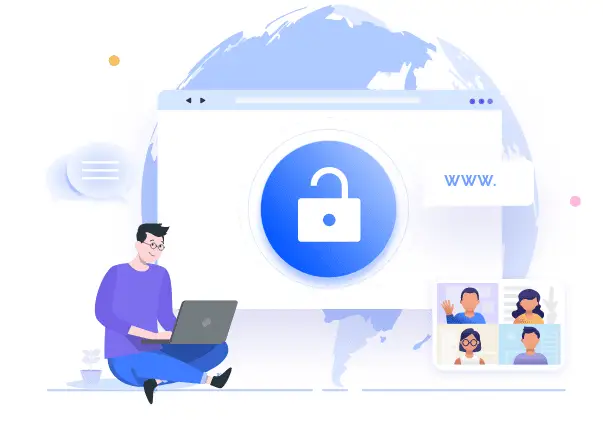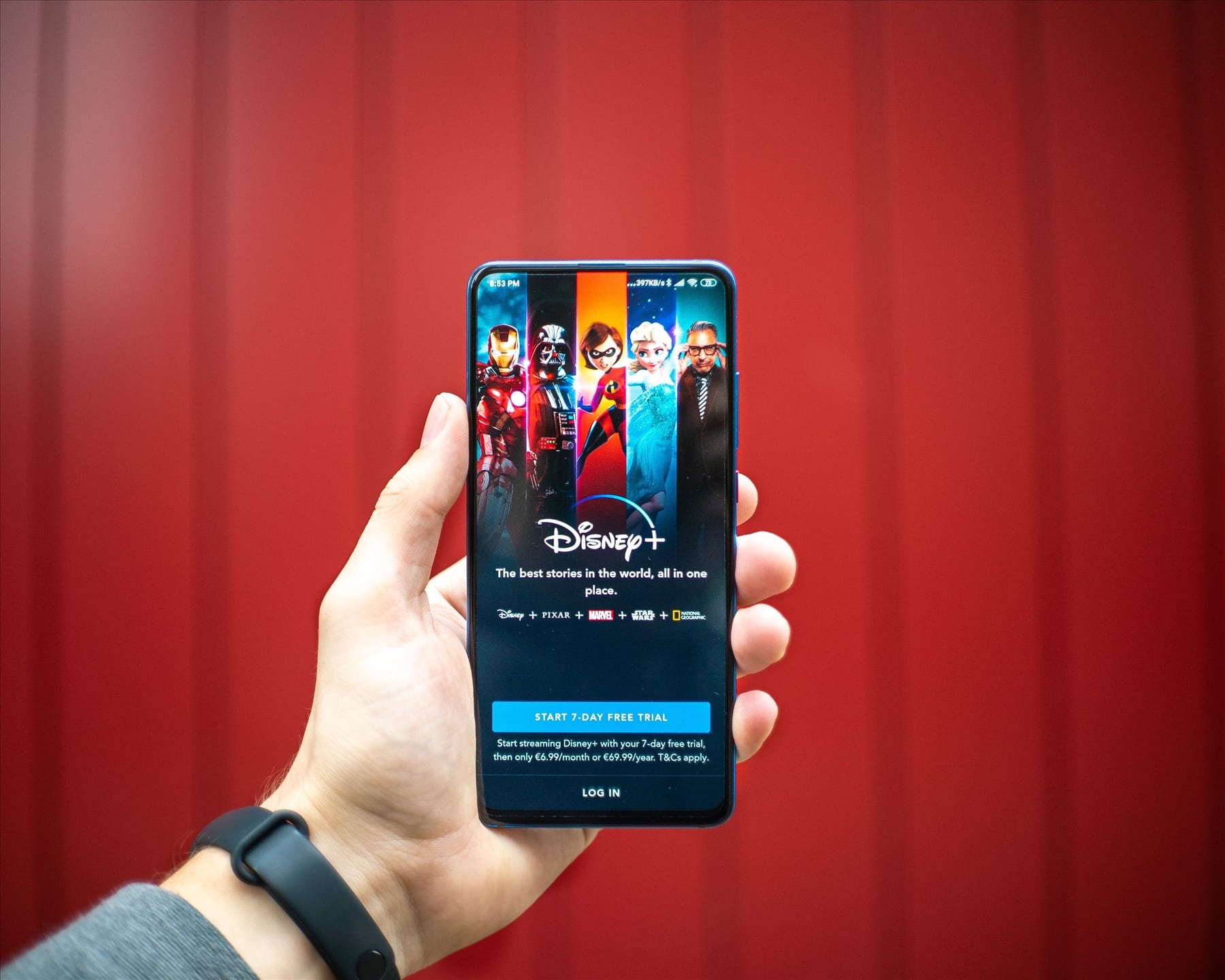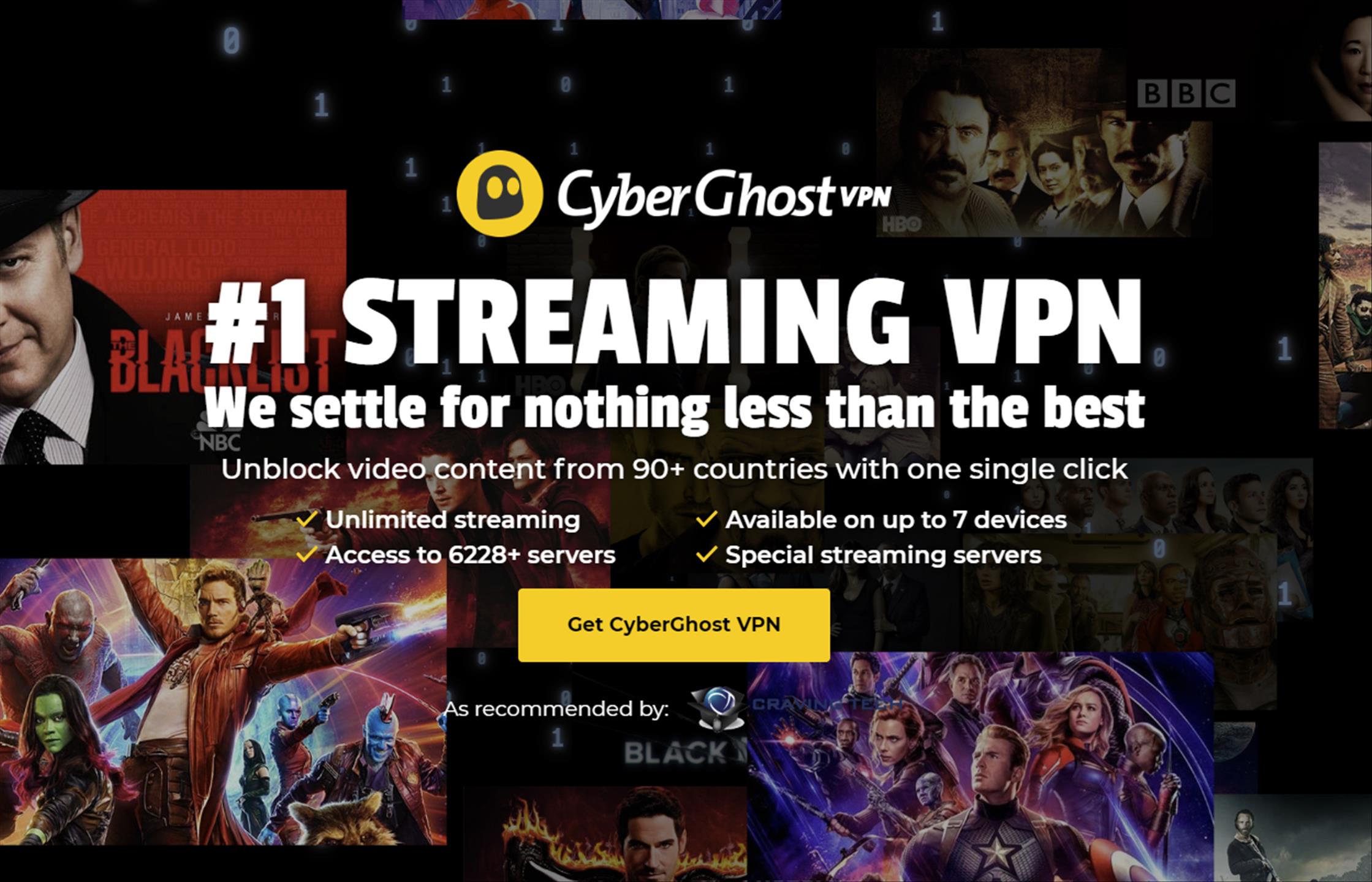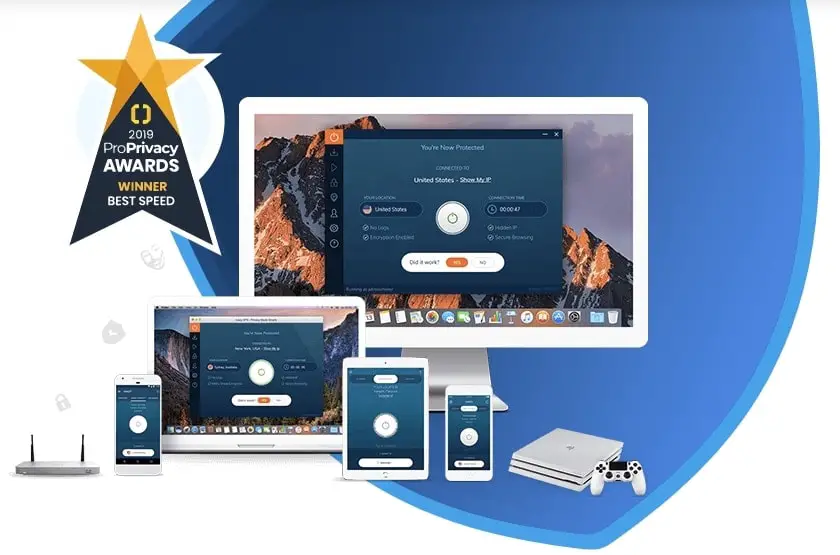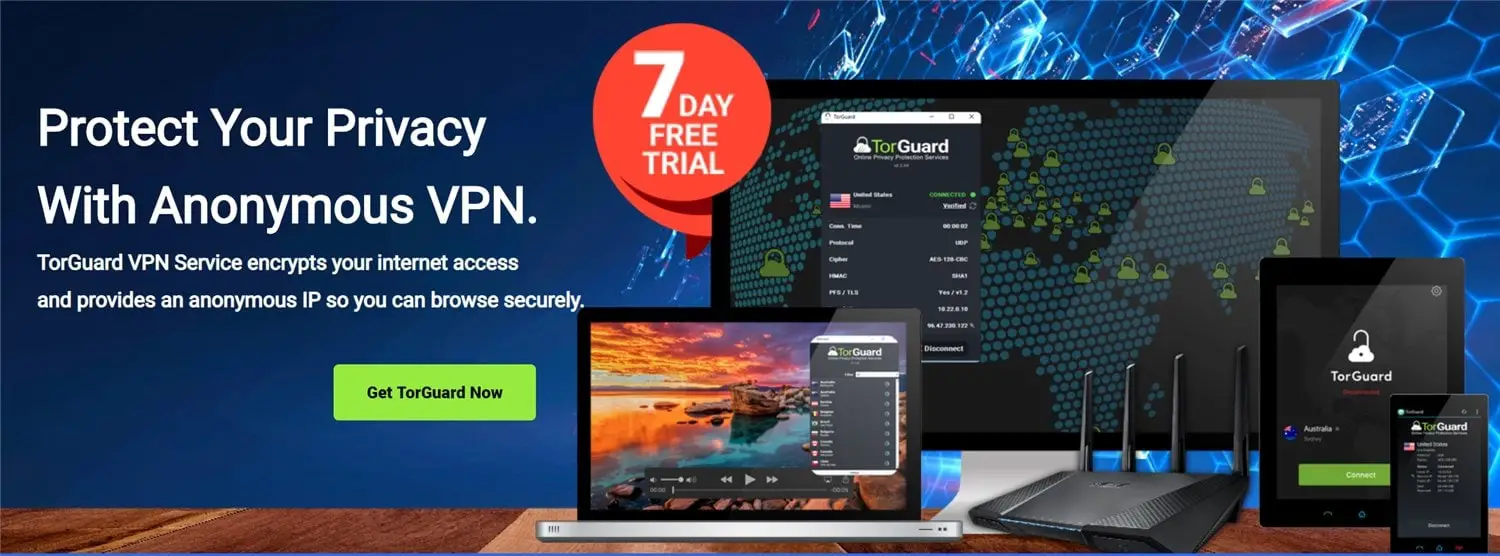
Note: This is a guest post written by Dan Martin
When you want to secure your connections and your identity online, there are two options for you. One is a proxy server, and the other is a Virtual Private Network (VPN).
The internet can be a sketchy place to go. There can be a potential threat lurking just around the corner — and sometimes we never even know what hit us.
Luckily, there are cloaking mechanisms in the online world and they are accessible to us. These are VPNs and proxy servers. They’re so frequently used that they’re virtually part of our everyday lives.
But first, let’s define proxies and VPNs.
Proxies defined
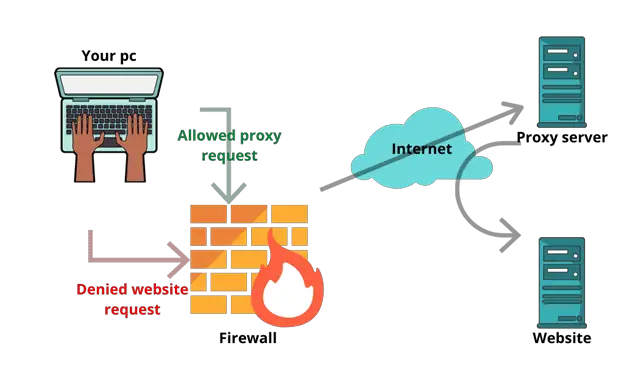
Proxy servers are gateways that sit between you and the target website’s server; keeping your website safe, secure, and anonymous.
Your website’s traffic data goes through this server and allows you to bypass blocked websites. The proxy hides your IP address in the process and reveals its own. This keeps all of your online activity private and secure.
A proxy server’s power to conceal your identity is only good for a certain level. The traffic can only be rerouted from a single app at a time. This means that once you set up your proxy server for an app, the same server won’t work on another app.
A good example is a sneaker proxy, which is specific for sneaker shopping and finding rare items on the market. This makes proxies less flexible than VPNs.
Proxies also allow you to enforce website restrictions to prohibit users from accessing specific website contents during work hours. This can be implemented in your office setup. There are many uses for proxy servers, but these are more specific and strict than that of a VPN.
VPNs defined

A diagram showing how a VPN server works by providing a secured tunnel for your data.
A Virtual Private Network (VPN) works similarly to how proxy servers work. The major difference is that the data between your PC and your VPN server is encrypted, further securing your browsing data from malicious third parties.
Your VPN client changes your entire Internet Service Provider (ISP) routing. This secures every connection that you are going to use; whether through your browser or using a background app. Everything goes through your VPN client.
This means that even your ISP can’t see through your browsing data. All they can see is that you’re using a VPN server and nothing more. This provides you with ultimate online privacy and adds a layer of security between your site and those who would try to intercept your data.
Difference between VPNs and Proxies
1. Encryption
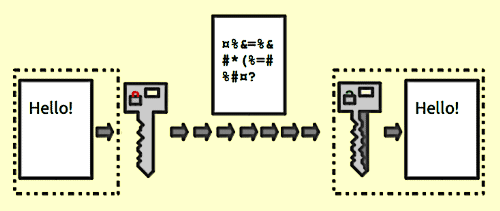
Encryption can be as simple as switching letters.
Encryption is a process in which you ensure your data is private by scrambling the codes. A specific algorithm is used so that only certain people will have access to your data.
Since VPNs and proxies operate to increase your network’s security, this is of paramount importance. Encryption is a feature that VPNs boast but proxies fail to manage. Though VPNs work the same way as proxies, encryption would always be a plus factor.
Proxy
Proxies do not have an encryption feature. That’s why proxies should not be a primary option when you’re handling sensitive information.
VPN
VPNs have an encryption feature that protects your data from malicious third parties. It protects your network from hackers, government surveillance, and even from ISP tracking.
Data that you send or receive are encrypted with a specific security feature. This is what makes VPN superior to proxies when it comes to security.
Just imagine if you’re not using VPN and you entered your bank account details on an online portal. Hackers and criminals lurking around the corner will have their hands on your bank info in no time.
2. Online privacy
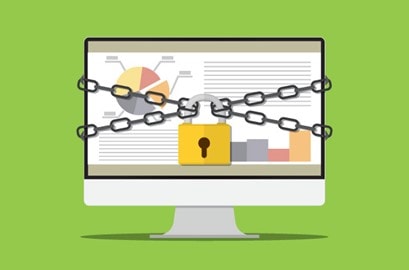
Improve your online privacy using VPN and proxies.
Tracking your browsing habits can be a critical piece of information for hackers. That’s why VPNs and proxies are there to block outsiders from accessing your data. But these two differ in many ways. One of their main differences is their scope of protection.
Proxy
A proxy server is specified for an application. For example, sneaker proxies are meant to be used for sneaker servers. Sneaker servers are servers for selling rare pairs of sneakers for sneakerheads. These proxies allow you to bypass the limit of buying rare items online.
Proxy servers reroute your traffic only from a specific app or browser. This makes proxy servers secure, but only for specific applications — making it of limited use.
VPN
If you’re looking for privacy all over your network, then you’ll need a VPN. There are VPN providers that have a “no log” policy. This means that your provider will not track or keep any data about your browsing habits and activities.
VPN providers will not give any information to those who want information about your browsing data. This makes VPNs more secure and private than proxies.
3. Speed of connection
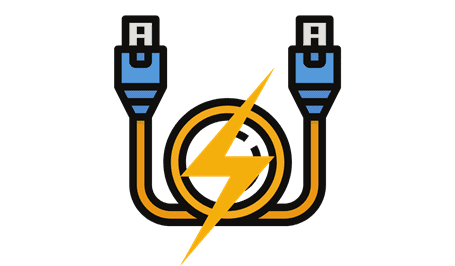
Proxy servers and VPNs differ in their connection speeds.
If you’re a little lacking in patience, you’ll need to understand that there are layers and layers of security that you’re trying to build for your data — and it takes no little time. These two may differ but only by a matter of seconds.
Proxy
Proxy server connections are a bit faster than VPN connections. There’s no need for proxies to encrypt your data, thus it takes less time for proxy servers to make a connection.
If you’re using paid proxies, then you have nothing to worry about with your connection speed. However, if you’re using free proxies, then expect a slower connection speed. Less budget, less configuration of privacy, and poor structure are the factors that make your connection speed slower.
VPN
VPN connections take a longer time to establish a connection. This is primarily because of the encryption feature that keeps your data more secure. However, there are ways in which you can speed up your VPN connection
4. Costs

Of course, you don’t want to keep using that crappy free VPN or proxy server. It’s less secure and your data is still prone to a security breach. That’s why if you’re still using the free version, you need to consider upgrading to a paid version soon.
It is expected that VPNs cost more than proxy servers. There are free VPNs, but your security can be compromised. A paid version is better because it offers a “no log” policy and data encryption.
Proxy
Many proxy servers are free. However, the paid version is much more secure. If you want to go with proxy servers, I recommend that you go for the paid proxies rather than the free versions.
VPN
Most VPNs are paid because of their quality. If we weigh the cost between VPN vs. paid proxies, VPNs are a better value.
What should you use? VPN or Proxy?
There are benefits and drawbacks to VPNs and proxies alike. To get the most for your money, you should stick to a VPN. It has a lot more functionality and keeps your browsing data more secure with its encryption features.
However, if you want to access geo-restricted content and apply restrictions to your site, you should opt for proxy servers. Browsing and connection speed is also faster in proxy servers.
Most companies use a combination of VPN and proxy servers. Each has its strengths, so use both to their maximum capabilities.
Note: This guest post was written by Dan Martin

